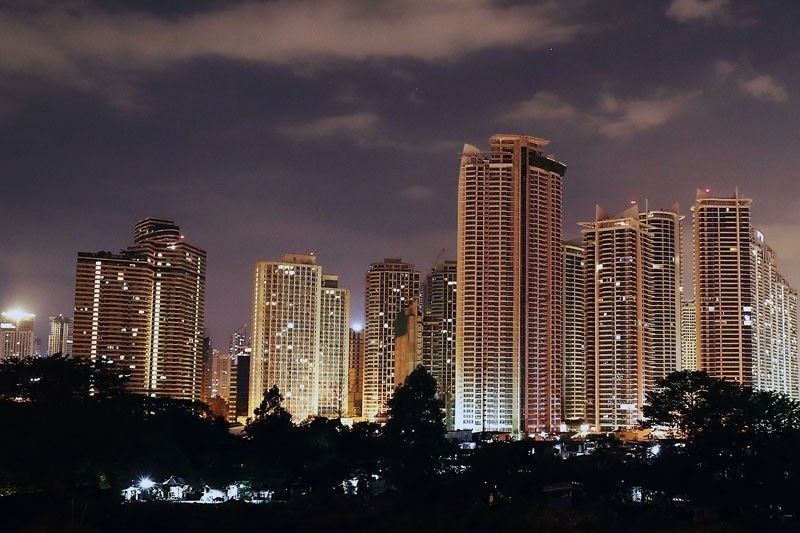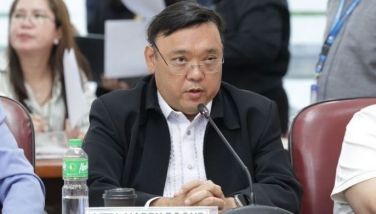Philippines aims to be first to benefit from RCEP

MANILA, Philippines — The Philippines is aiming to be among the first set of countries to benefit from the Regional Comprehensive Economic Partnership (RCEP) agreement by next year to fast-track recovery from the pandemic.
“To accelerate post-pandemic recovery, we must further strengthen our economic ties through the RCEP,” President Duterte said in a statement yesterday.
Ratified by Duterte last Sept. 2, the free trade agreement (FTA) is now with the Senate for concurrence.
“We hope to finish the concurrence process the soonest possible time so that the Philippines can already deposit its instrument of ratification, and be one of the first set of economies to benefit from the agreement once implemented by early 2022, as targeted,” Trade Secretary Ramon Lopez said.
During the Association of Southeast of Asian Nations (ASEAN) members’ meeting with dialogue partners, leaders of RCEP participating-countries pushed for the immediate ratification and entry into force of the agreement as it is seen as an important tool for the region’s quick recovery from the effects of the pandemic.
ASEAN members Philippines, Brunei Darussalam, Cambodia, Indonesia, Laos, Malaysia, Myanmar, Singapore, Thailand and Vietnam, and trade partners Australia, China, Japan, South Korea and New Zealand signed RCEP in November last year.
The agreement provides for an open, inclusive and rules-based trading system to promote deeper economic integration in the region.
RCEP is expected to boost to Philippine exports through enhanced market access in the region.
In addition, it would provide cheaper goods for production and manufacturing, as well as ensure transparent rules and clear mechanism for resolving trade issues and concerns. It would also allow micro, small and medium enterprises to participate in the global value chain.
Based on 2020 data, RCEP accounts for 29 percent of the global trade and 29 percent of the world’s gross domestic product. RCEP covers 33 percent of global inward foreign direct investments, 47 percent of global outward FDI, and 2.3 billion population.
For the RCEP to take effect, it has to be ratified by at least six ASEAN countries and three non-ASEAN members.
“Being part of an FTA is not only about market access, but a big attraction as well for investors to locate in the country. Thus, RCEP should be viewed as a platform to encourage more investments and service providers in vital sectors such as manufacturing, creative sectors, financial services, research and development, IT-BPO (information technology - business process outsourcing), professional services, and energy, among others,” Lopez said.
Apart from pushing for the immediate ratification of RCEP, he said Duterte and other leaders discussed the importance of working together to ensure medical supplies for public health emergencies, collaboration in vaccine production, and the implementation of ASEAN Travel Corridor Arrangement Framework.
He said Duterte also called for fast-tracking the development of circular economy and blue economy models to promote a sustainable future, as well as building smart cities and using digital technology to future-proof the region.
- Latest
- Trending






























